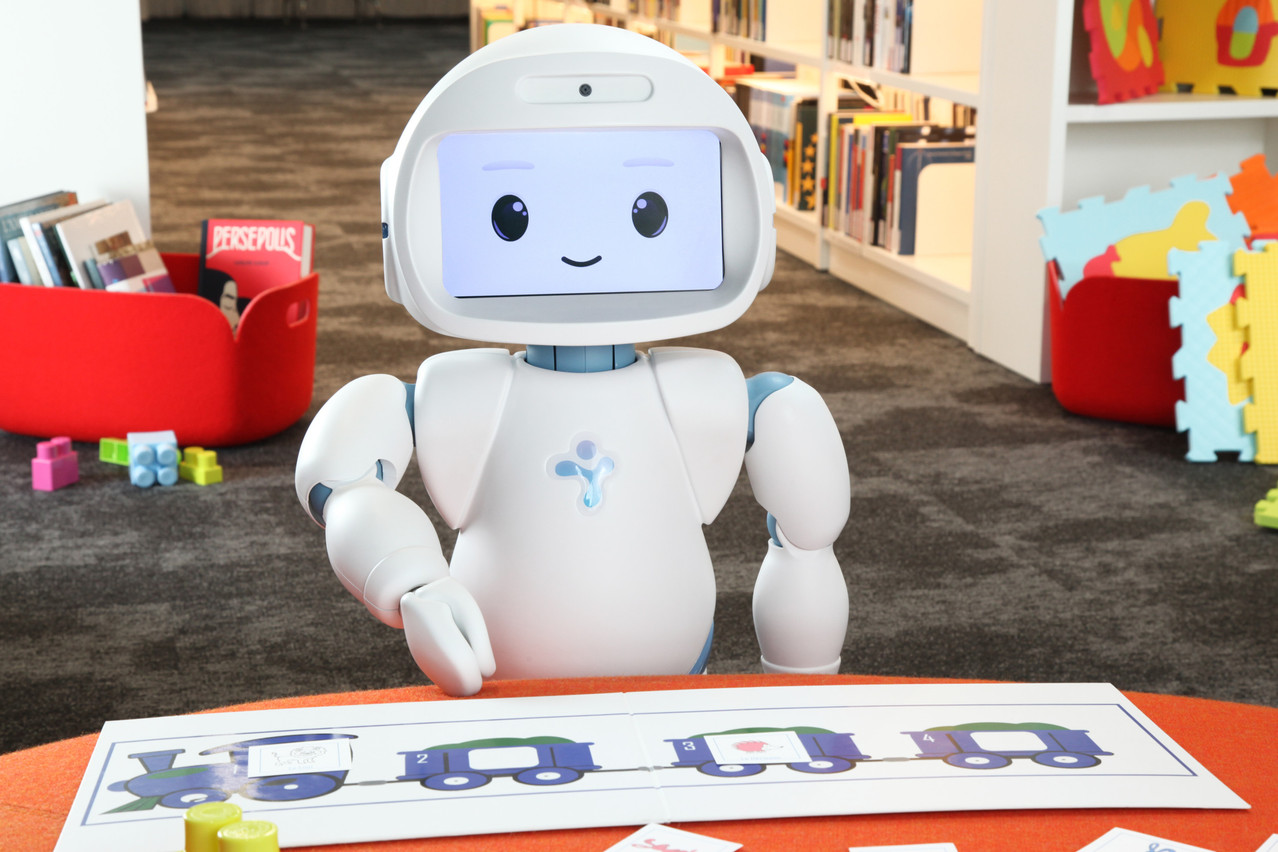The robot is called “QTrobot” and, among other curricula, can teach emotional and social skills to special education learners. It’s particularly well-suited for children with autism, who often gravitate towards the rule-based logic of machines. “Tireless and non-judgemental” is how describes it.
The product has been a favourite in research centres and special needs schools, but earlier this year the firm launched a new version meant for parents. “Since we launched QTrobot for Home,” say cofounders Pouyan Ziafati and Aida Nazarikhorram, “we have parents using it at home with their children, accessing the custom-made curricula daily and seeing positive results in terms of their child’s development.”
The pair are also excited to introduce, soon, a QTrobot that speaks German and French. “This will allow more children with autism to benefit from learning with QTrobot,” they say.
Personal touch
Ziafati and Nazarikhorram recognise that education, and particularly in the context of special needs children, is a highly personal area for parents. To that end, they remained close with their customers throughout the robot’s design and development process.
But they go further than that. Almost more like concerned relatives than entrepreneurs, the cofounders solicit feedback on the platform and its curricula on an extraordinarily regular and direct basis. “We meet all parents one-to-one each month to discuss their child’s progress, which modules they are working on with their child, what their child has accomplished and what they are struggling with,” they report.
Besides allowing them to give advice directly to parents on how best to use the platform, these frequent meetings are a means of gathering insights on how well QTrobot is working.
“Based on this type of feedback we have adjusted curricula and designed new games to make the educational materials more useful and accessible for children with autism,” say Ziafati and Nazarikhorram.
A Luxembourgish company
Why Luxembourg? The cofounders explain that LuxAI was established in the grand duchy for a few reasons: “The strong AI background of the University of Luxembourg makes it a logical place to be based, giving LuxAI ongoing access to researchers in the field. Additionally, Luxembourg offers a friendly environment for new companies to build their brands across Europe.”
Regarding the latter, they cite government support and the high-calibre anglophone workforce as specific positives.
